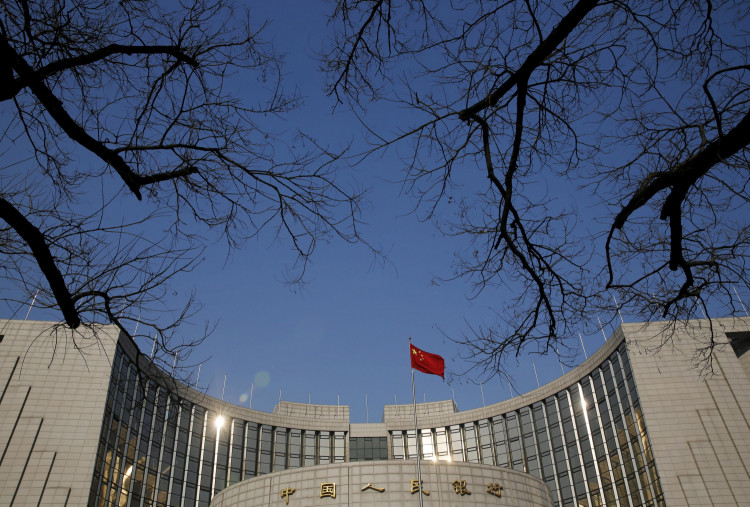China might publicly issue its own state-backed digital currency by the first quarter of 2020.
The possibility China will become the first country in the world to issue its own cryptocurrency was raised by Jack Lee, founding the managing partner of private equity firm HCM Capital based in Beijing. Sponsored by Foxconn Technology Group, HCM invests in blockchain, digital banking, artificial intelligence and the internet of things, among other fields.
Lee revealed China has now developed a framework for its own cryptocurrency called the "Digital Currency Electronic Payment" (DCEP). This framework will allow the People's Bank of China (PBOC), the central bank, to issue DCEP to commercial banks and third-party payment networks such as Alipay and WeChat Pay. He believes the launch of DCEP might start as a trial.
"So, they already have all the system and the network ready," said Lee to CNBC. "I think you will see it very soon, in the next maybe two to three months."
PBOC governor Li Gang, however, previously said there is no timeline for launching DCEP and that more work on it needs to be done. PBOC has obtained legal rights to more than 50 inventions related to DCEP in its effort to improve the digital currency.
PBOC began developing DCEP in 2014. DECP might be made available through commercial banks, the same as physical money, according to Mu Changchun, head of PBOC's digital currency research center.
DCEP will be stored in a digital wallet much the same way as Libra, the embattled and proposed new cryptocurrency from Facebook that's been facing enormous opposition in the United States and other countries.
China has blasted Facebook's Libra as a "threat to its sovereignty." China asserts that digital currencies should only be provided by governments or central banks and not by private for-profit firms like Facebook.
As it's been developed, DCEP will allow PBOC to follow where the cryptocurrency goes and to even control its trading. Financial analysts say DCEP indicates China's desire to increase its control over the movement of money in general and digital money in particular.
Some argue the actual goal of DCEP is to protect China's economy from the expanding wave of cryptocurrencies that might be used as conduits for illegal money flows.
"There's a consensus around the world among central bank governors and governments at large that they want to have control of money and money supply," said Keyu Jin, a professor at the London School of Economics.
She said this strong desire for control "is probably more unique to China than anything else."





